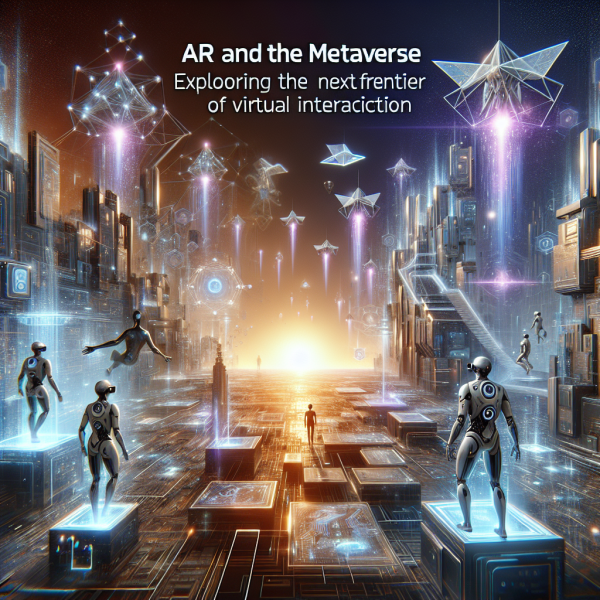Governance Reinvented: The Impact of Blockchain on Political and Civic Processes

Governance Reinvented: The Impact of Blockchain on Political and Civic Processes
The emergence of blockchain technology has sparked a revolution across various sectors, from finance to supply chain management. However, its potential to transform political and civic processes is perhaps one of the most exciting frontiers. As governments face challenges such as mistrust, inefficiency, and bureaucratic inertia, blockchain holds the promise of reinventing governance by enhancing transparency, accountability, and citizen engagement.
Understanding Blockchain Technology
At its core, blockchain is a decentralized digital ledger that securely records transactions across many computers so that the recorded transactions cannot be altered retroactively. This technology is best known for powering cryptocurrencies like Bitcoin, but its applications extend far beyond digital currency. With its properties of immutability, transparency, and traceability, blockchain can reshape how public institutions operate.
1. Enhancing Transparency and Trust
One of the most significant implications of blockchain for governance is its capacity to foster transparency. With a blockchain-based system, all transactions and changes to public records can be visible to the public and immutable once recorded. This openness can reduce corruption and malfeasance in government activities.
For instance, smart contracts—self-executing contracts with the terms of the agreement directly written into code—can be employed in public procurement. They would ensure that all bidders for a government contract can see and verify the process, significantly reducing opportunities for bribery and fraud.
2. Voter Authentication and Election Integrity
Elections have long been marred by allegations of fraud, mismanagement, and lack of transparency. Blockchain can revolutionize electoral processes by facilitating secure electronic voting systems. Voter identities can be verified using cryptographic methods, ensuring that each citizen can cast their vote anonymously and securely.
Moreover, a blockchain-based voting system would allow for real-time monitoring of votes, greatly reducing the risk of tampering and enhancing trust in electoral outcomes. In countries with a history of electoral fraud, robust blockchain systems could increase voter turnout and trust in democratic processes.
3. Citizen Participation and Engagement
Blockchain can also facilitate greater civic engagement by simplifying how citizens interact with their governments. For example, decentralized applications (dApps) can encourage citizen participation in governance through direct democracy models, allowing individuals to propose and vote on legislation or local governance issues directly, without needing intermediaries.
Furthermore, identity management systems based on blockchain technology can provide citizens with secure, verifiable identities that facilitate access to public services, ensuring that even the most marginalized communities can engage in civic activities. This democratization of engagement can foster a more collaborative society where governance is a shared responsibility.
4. Efficient Public Services
The integration of blockchain can lead to more efficient public service delivery. For example, land registries can be streamlined through blockchain, ensuring that property ownership is transparently recorded and easily transferable without the risk of disputes. Health care systems can leverage blockchain for secure patient records that ensure data integrity while respecting privacy rights, leading to better coordination of care.
By automating processes through smart contracts, municipalities can streamline operations, saving time and resources that can be redirected to community services.
5. Overcoming Challenges and Building a Framework for Implementation
Despite its potential, the application of blockchain in governance is not without obstacles. Issues such as technological complexity, regulatory hurdles, and the need for broad public acceptance must be tackled. Governments need to create robust legal frameworks that define how blockchain systems operate and guarantee data privacy and security.
Additionally, public education campaigns are essential to demystify blockchain technology and promote its use, ensuring that citizens understand the value it brings to governance rather than viewing it as a threat to their privacy or the traditional electoral process.
Conclusion
Blockchain technology presents a captivating opportunity to reinvent governance by making political systems more transparent, accountable, and inclusive. As governments and civic organizations begin to explore its capabilities, a future may emerge where citizens are more actively involved in political processes, and public trust is restored.
Embracing this innovative technology can help create not just a more efficient government, but also a more equitable society. With the right frameworks and public engagement strategies, blockchain can lead to governance that truly serves the interests of all citizens—a reinvention long overdue in the ever-evolving landscape of modern democracy.













